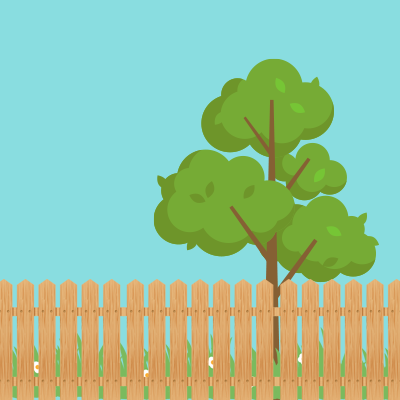Why are boundaries important?
I’ve often wondered this as well so let me paint a boundary-less scenario. You wake up, only 7 minutes before you need to leave the house for school because you forgot to set an alarm and you go to your lessons and use your phone throughout most of them. Then, you return home, watch some TV, have dinner, watch some more TV and manage to sleep by 2am. How do you feel when you have to wake up the next morning, again 7 minutes before you have to leave for school because you slept late?
Powerless. Often, we associate boundaries with negative connotations or view them as things which prevent us from having fun. The reality is that setting boundaries can help us improve our well-being and have a more enjoyable and less stressful lifestyle. A complete lack of boundaries however can leave us stuck in bad habits we would rather break.
How do we set healthy boundaries?
We’ll be discussing three main areas to consider setting boundaries for but of course, these can apply to any area of your life which you want it to.
- Well-being. It’s so important to set boundaries in order to look after our wellbeing and this can include physical, mental, emotional or spiritual well-being. Last year, there was a period of time when it felt like I was being bombarded with information. To stop this overload, I set specific times during which I could read the news, I put a limit on my social media apps and tried to really watch which content I consumed. It might be that you notice your energy gets low in the afternoon so for example, you might decide to block out a specific time after school for you to have a 30-minute walk or to learn a dance routine to get refreshed. An easy way to build in boundaries to look after your well-being is to consider your morning and night routines.

Do you have some time to do activities which help you set up your day properly? If not, you might plan in 10 minutes of journaling or time to plan your day ahead.
If you find yourself stuck on your phone first thing in the morning, maybe try keeping the first 30 minutes – 1 hour of your day screen free and instead, do something you enjoy. Make yourself pancakes for breakfast or read a book or help a family member out.
Do you have a bedtime? I know, I know. We’re all grown now and nobody wants to feel like they’re being told to ‘go to bed on time’. However, getting 8 hours of sleep (or more!) can really help boost our mood and performance throughout the day.
Is there a relaxing activity you could do to prepare for bed? This might be having a conversation with a sibling or doing a skincare routine or reading before bed. If possible, try to keep the 30 minutes before you go to be ‘screen free’ as this also helps the quality of our sleep.
- Work boundaries. It’s important to make sure that when we’re working, we have the space to do so well. During sixth-form for example, I made sure to have 2 hours at home when I could do some focused work and during this time, my phone was always on airplane mode. Of course, there were some days when random things would pop up or I wouldn’t feel like doing work but it meant that whenever I sat down where I usually did all my homework, I would almost automatically put my phone away. Likewise, know when it’s time to stop working. After a specific time, you just can’t get me to do anything work-related unless it’s desperately urgent.
- Family, friends and fun time. We plan our work so why not plan our rest and catching up with loved ones time? Setting boundaries for rest really depends on how you define rest or fun. If you’re someone who thrives off talking to others and gets energised in social settings, then schedule some time in to have a call with your friends. If you’re like me and also like to spend some time relaxing by yourself then maybe have a movie night or paint. Setting boundaries is key not only for work but also for our well-being.
After all, they say you are your greatest asset. We should start acting that way.
